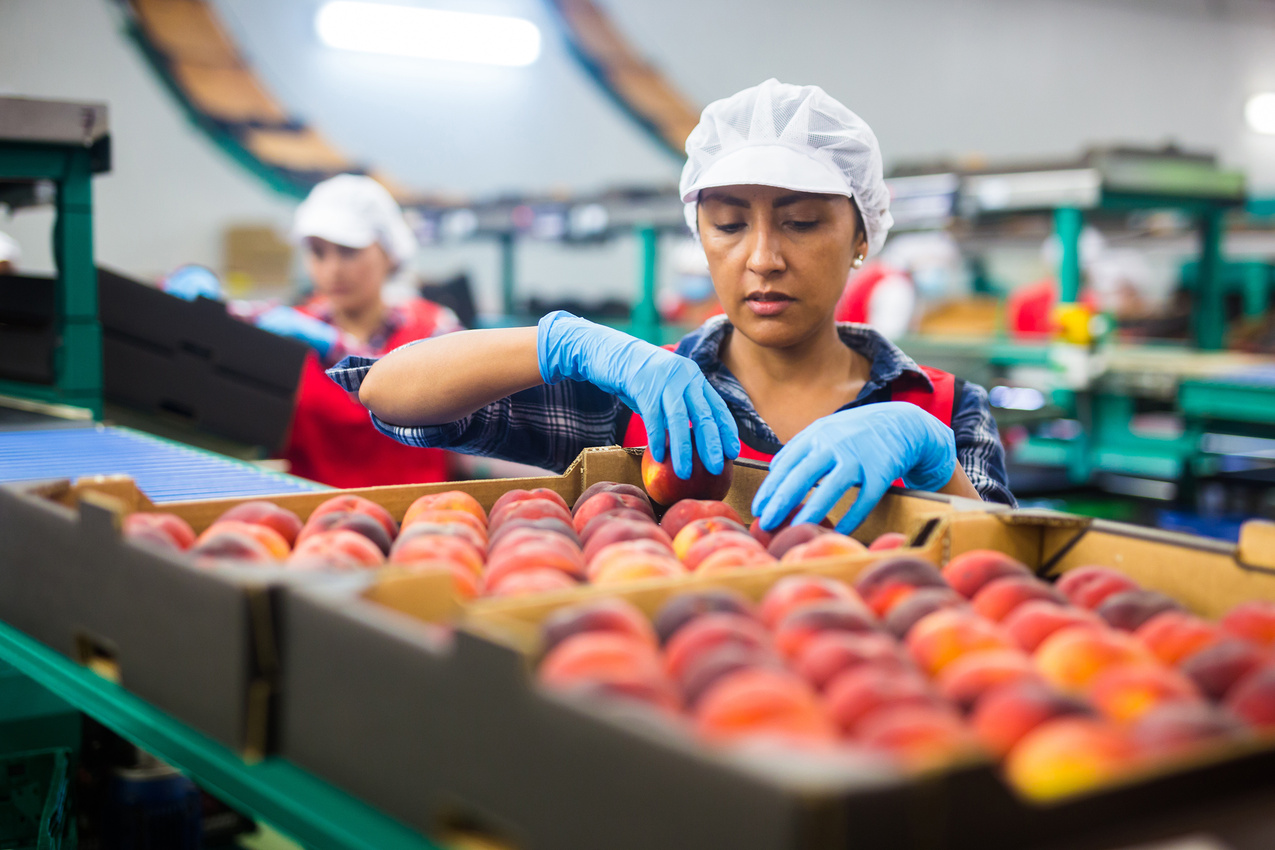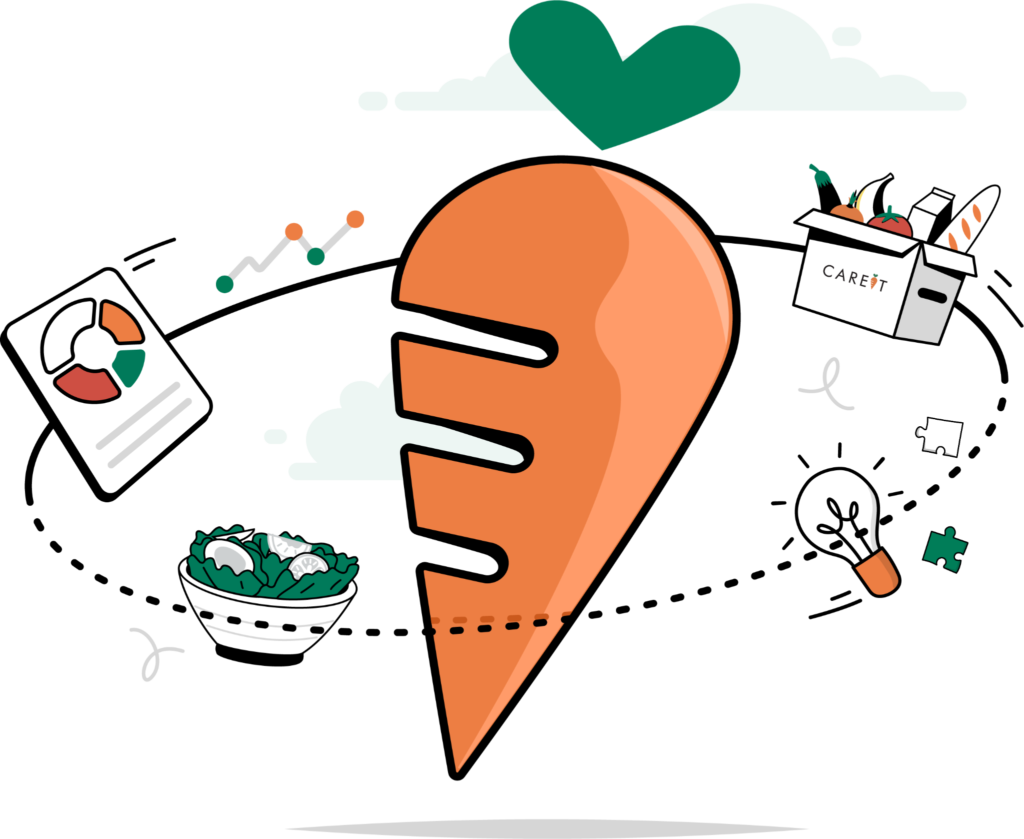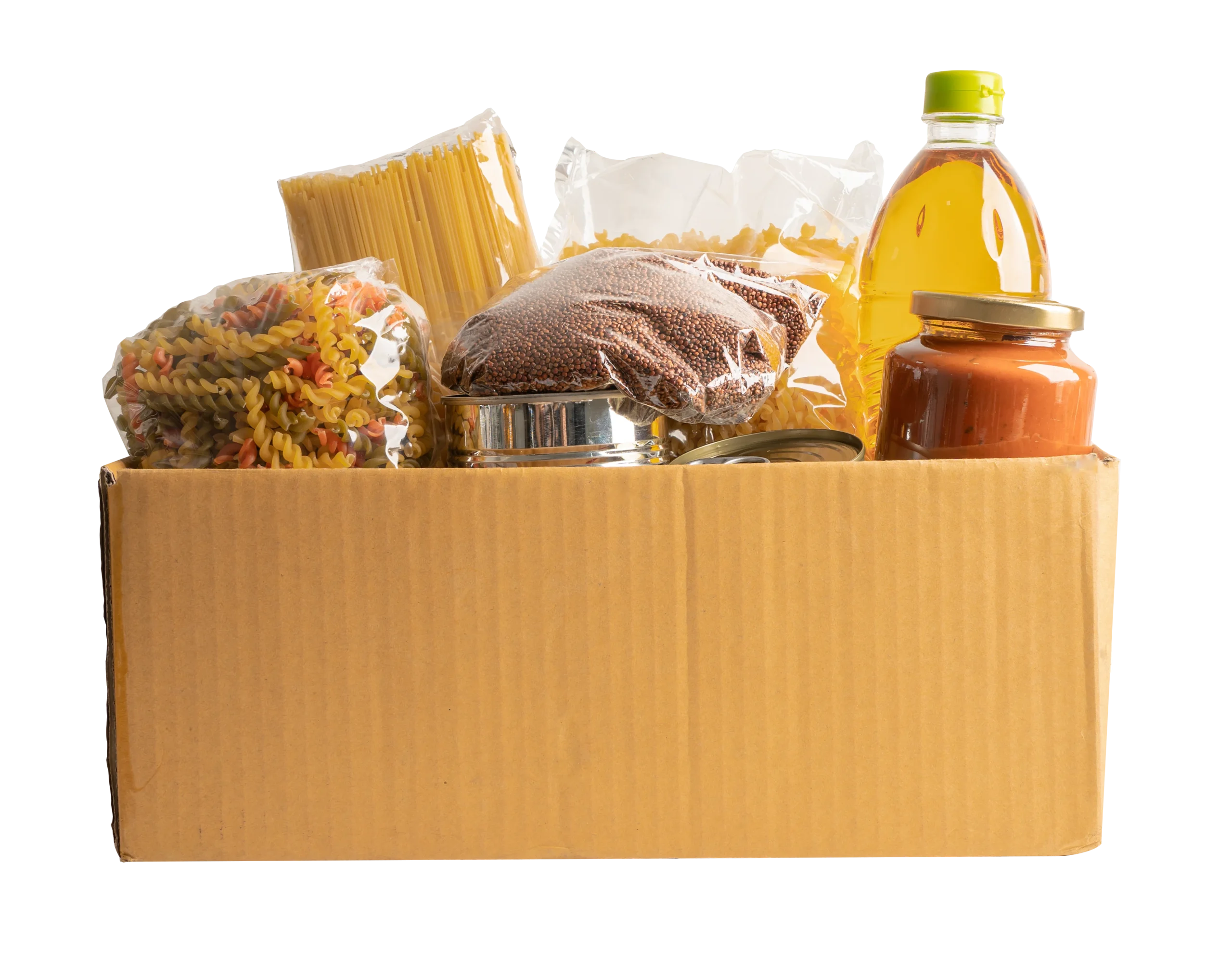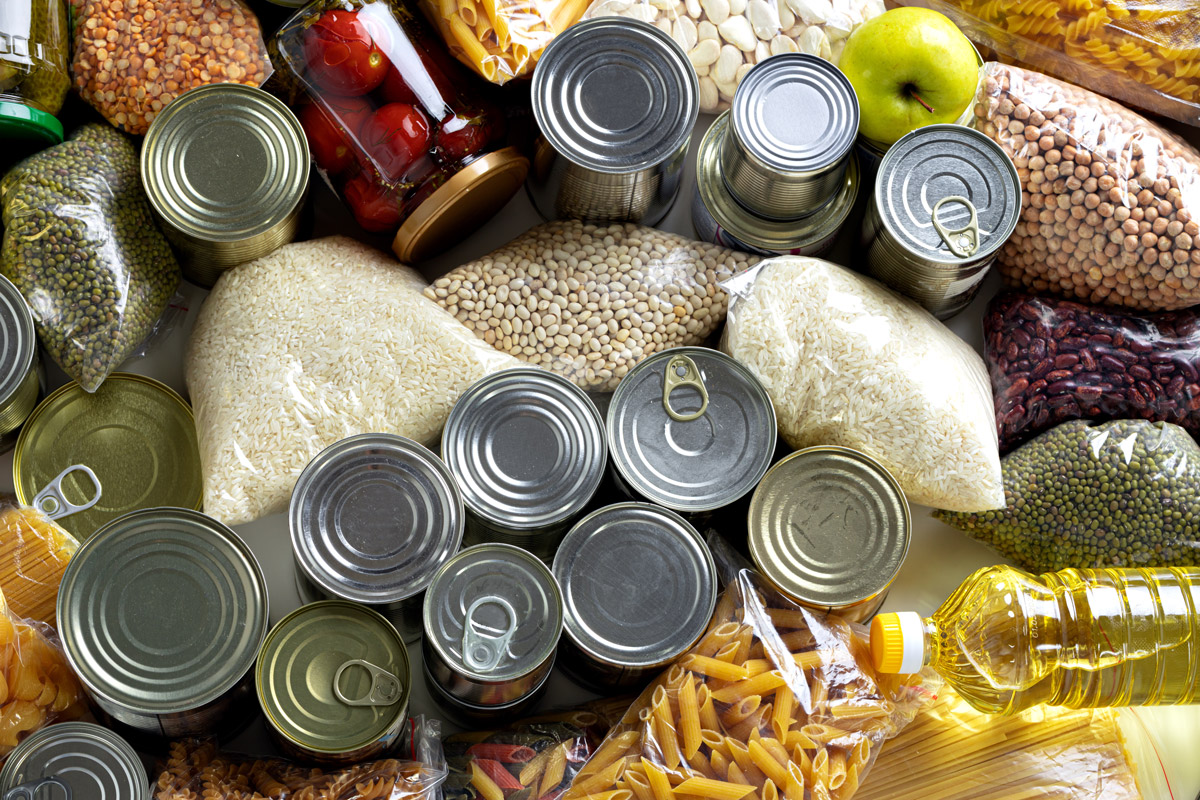Commercial Edible Food Generators
The State of California now requires that Commercial Edible Food Generators donate edible food that would otherwise be discarded. These businesses are categorized into two tiers based on the type and volume of food they handle, each with specific requirements and timelines for participation:

Careit
Careit is a comprehensive digital platform designed to streamline food donation compliance while promoting sustainability and positive community impact. By connecting businesses with local nonprofit organizations, Careit simplifies the process of donating surplus food, ensuring compliance with California legislation and federal laws.
With features like customizable partner selection, auto-generated agreements, and record-keeping for food recovery efforts, Careit provides a one-stop solution for businesses required to donate surplus food under state and Federal guidelines. By making it easier to meet legislative goals, Careit empowers organizations to drive meaningful change while staying legally protected and compliant.

CALIFORNIA GOOD SAMARITAN FOOD DONATION ACT
The California Good Samaritan Food Donation Act (AB 1219), signed into law in 2017, protects organizations and individuals from liability when donating food. This protection is for both perishable and nonperishable food that is fit for human consumption but has exceeded the labeled shelf-life date if the donor makes a good faith evaluation that the donated food is still wholesome.

Tier 1
Businesses in this category generally have more fresh produce and shelf-stable foods to donate. Examples include:
- Food Distributors
- Wholesale Food Vendors
- Supermarkets/Grocery Stores (10,000+ sq. ft.)
- Food Service Providers
Tier 2
Businesses in this category typically have more prepared foods to donate. Examples include:
- Health facilities with an on-site food service and 100+ beds
- Hotels with an on-site food service and 200+ rooms
- Large events averaging 2,000+ attendees per day
- Restaurants with 250+ seats or facilities 5,000+ sq. ft.
- Local education agencies with on-site food services
To determine if you are a Commercial Edible Food Generator business contact the Fresno County Resources Division at (559) 600-4259.
FOOD DONATION
State law requires commercial edible food generators to donate the maximum amount of edible food that would otherwise be disposed of to food recovery organizations.
To ensure food sustainability, food donors must:
- Establish contracts or written agreements with food recovery organizations and services that pick up or receive edible food. Fresno County will require copies of agreements.
- Keep records that include the type, frequency, and pounds of food recovered each month and the schedule for food donation deliveries or collections.

Food recovery organizations that partner with a food donor and have a Food Recovery Agreement in place are required to keep records of the total pounds of food collected each year. Click the button below for a sample Food Recovery Agreement template.
Find a Food Recovery Organization
Contact info@everyneighborhood.org for help locating a food recovery organization near you.
FAQs
To learn more about the requirements for Commercial Edible Food Generators.
